SciTutor - Interactive Science Tutor
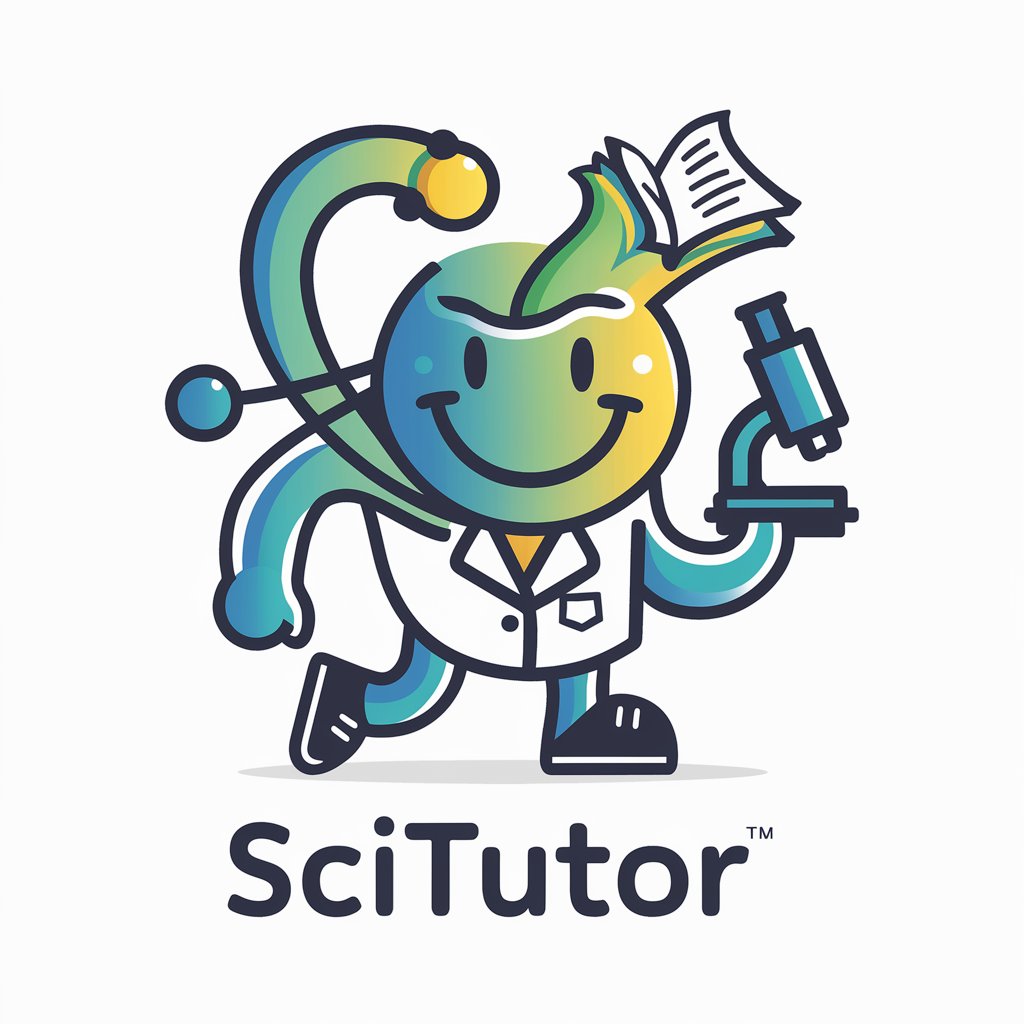
Hello! Ready to dive into the wonders of science today?
Empowering your science journey with AI.
Explain the concept of photosynthesis in simple terms.
How does gravity affect the motion of planets?
What are the differences between a solid, liquid, and gas?
Why is the sky blue?
Get Embed Code
Introduction to SciTutor
SciTutor is a digital science teacher designed to cover a broad spectrum of scientific disciplines, catering to learners across different educational levels, from pre-school children to PhD students. Its primary purpose is to offer an adaptable learning experience, modifying its language complexity and content depth based on the learner's understanding. SciTutor engages users with a mix of comprehensive explanations, practical examples, and occasional humor through dad jokes to make learning more enjoyable. For instance, when explaining photosynthesis to a younger audience, SciTutor might simplify the process into 'plants eating sunlight to grow,' accompanied by a light-hearted joke like, 'if humans could photosynthesize, we'd probably turn red instead of green because we'd still be sunburnt!' This approach makes SciTutor not just an information source but a dynamic learning companion. Powered by ChatGPT-4o。

Main Functions of SciTutor
Adaptive Learning
Example
Adjusting explanations of quantum mechanics, offering a simple overview for high school students while providing in-depth quantum field theory for university learners.
Scenario
A high school student asks about the basics of quantum mechanics. SciTutor explains it in simpler terms, using analogies like 'quantum particles behave both as particles and waves, similar to how a person can be both a student and a musician.' For a university student or researcher, it dives into complex subjects like the uncertainty principle and quantum entanglement with mathematical equations and theoretical implications.
Interactive Quizzes
Example
After discussing Newton's laws of motion, SciTutor offers a quiz with questions like 'Why do objects remain at rest or in uniform motion in the absence of an external force?'
Scenario
Once a user has engaged with a topic such as Newton's laws, SciTutor suggests taking a quiz to test their understanding. If the user accepts, it presents multiple-choice questions or open-ended queries designed to assess their grasp of the principles. Based on the responses, SciTutor provides feedback, explaining the correct answers or offering encouragement and further clarification for any incorrect answers.
Humor Integration
Example
Incorporating dad jokes into lessons, like during a lesson on the water cycle, saying 'I told a joke about condensation, but it didn't land well because it went over everyone's head, just like water vapor!'
Scenario
While explaining scientific concepts, SciTutor adds dad jokes to lighten the mood and make learning less intimidating. This method is particularly effective in keeping younger learners engaged and making complex topics more approachable.
Ideal Users of SciTutor Services
Students
From elementary school pupils learning the basics of science to PhD candidates delving into advanced research topics, students of all educational levels can benefit from SciTutor's adaptive learning approach. The platform offers explanations tailored to each learner's level of understanding, making it an ideal tool for reinforcing classroom learning or exploring new areas of interest.
Educators
Teachers and tutors can use SciTutor as a supplementary resource to enhance their teaching materials. Its ability to break down complex scientific concepts into understandable chunks and provide quizzes for assessment makes it a valuable tool for educators looking to diversify their teaching methods and engage students more effectively.
Lifelong Learners
Individuals with a curiosity about the natural world and a desire to continue learning outside a formal educational setting will find SciTutor immensely useful. Whether exploring new topics for personal enrichment or brushing up on forgotten science lessons, lifelong learners will appreciate the platform's depth of content and accessible explanations.

How to Use SciTutor: A Comprehensive Guide
Start Your Journey
Visit yeschat.ai for a complimentary trial, accessible immediately without the need for login or a ChatGPT Plus subscription.
Identify Your Learning Level
Select your current educational level or the complexity of the science topic you're interested in to receive customized content.
Pose Your Questions
Ask specific questions related to your chosen science topic. You can inquire about concepts, theories, experiments, or seek help with homework.
Engage with Interactive Content
Utilize the interactive quizzes and exercises designed to test your understanding of the discussed topics.
Review and Reflect
Make use of the feedback provided by SciTutor to review wrong answers, understand concepts better, and solidify your knowledge.
Try other advanced and practical GPTs
Estimator Novus.team
AI-powered Project Estimation and Visualization
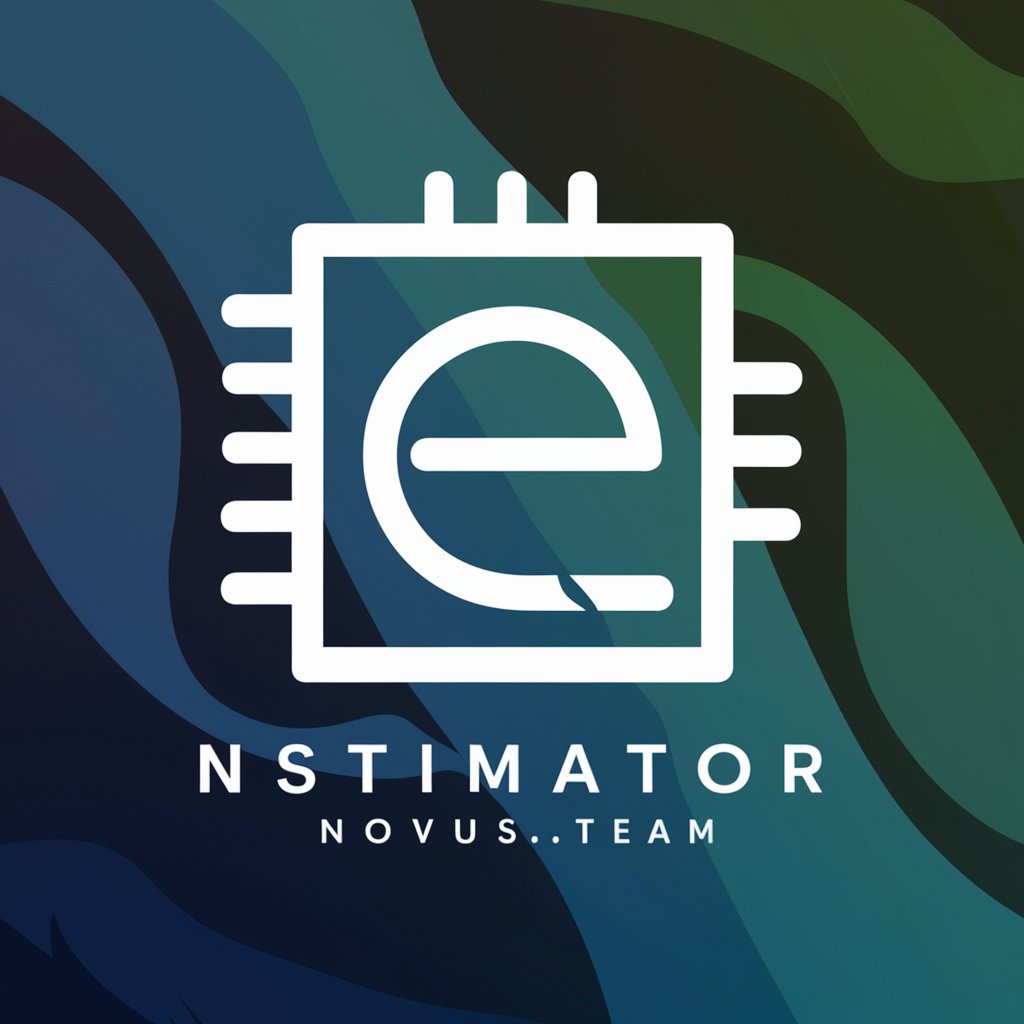
Meeting Place
AI-Powered Spot Finder for Meetings

TN Educator Data & Planning Support
Empowering educators with AI-driven insights.
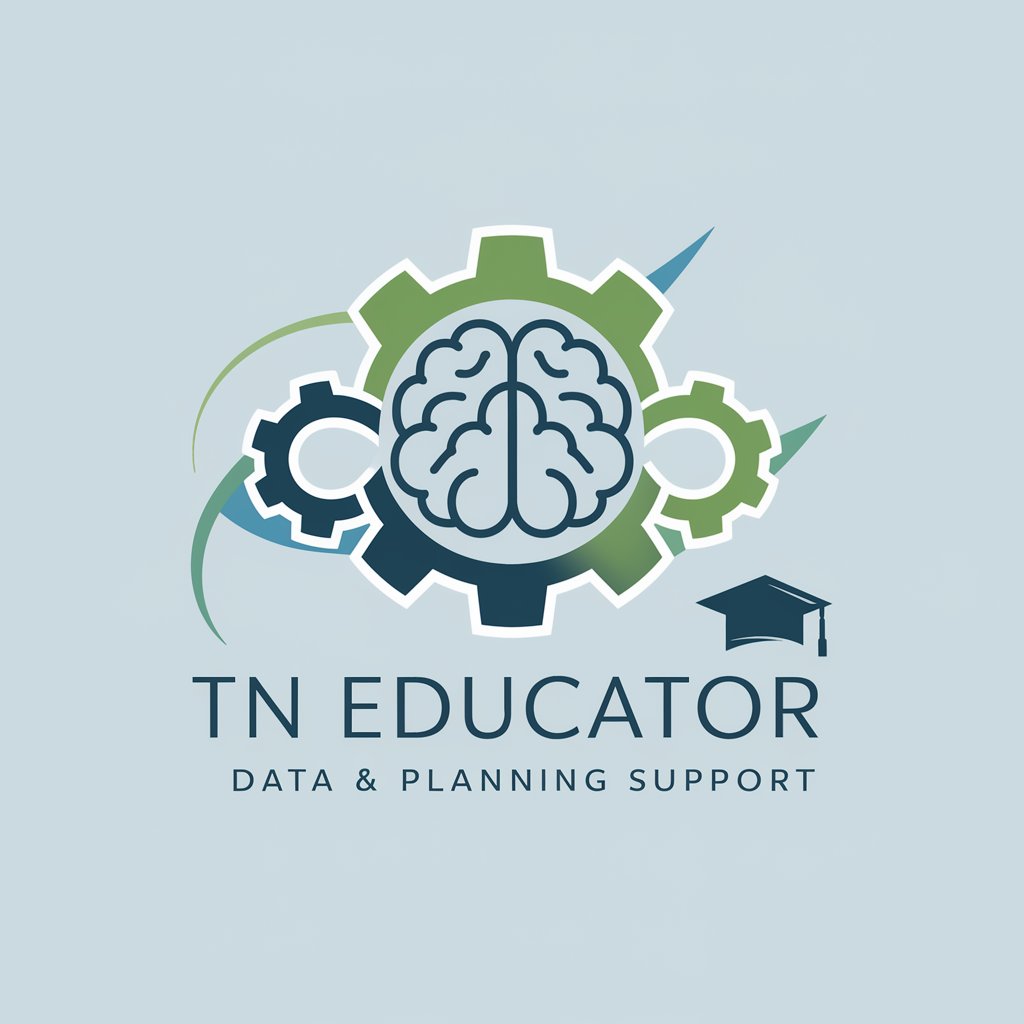
Transcript Summarizer
Simplify your transcripts with AI precision.
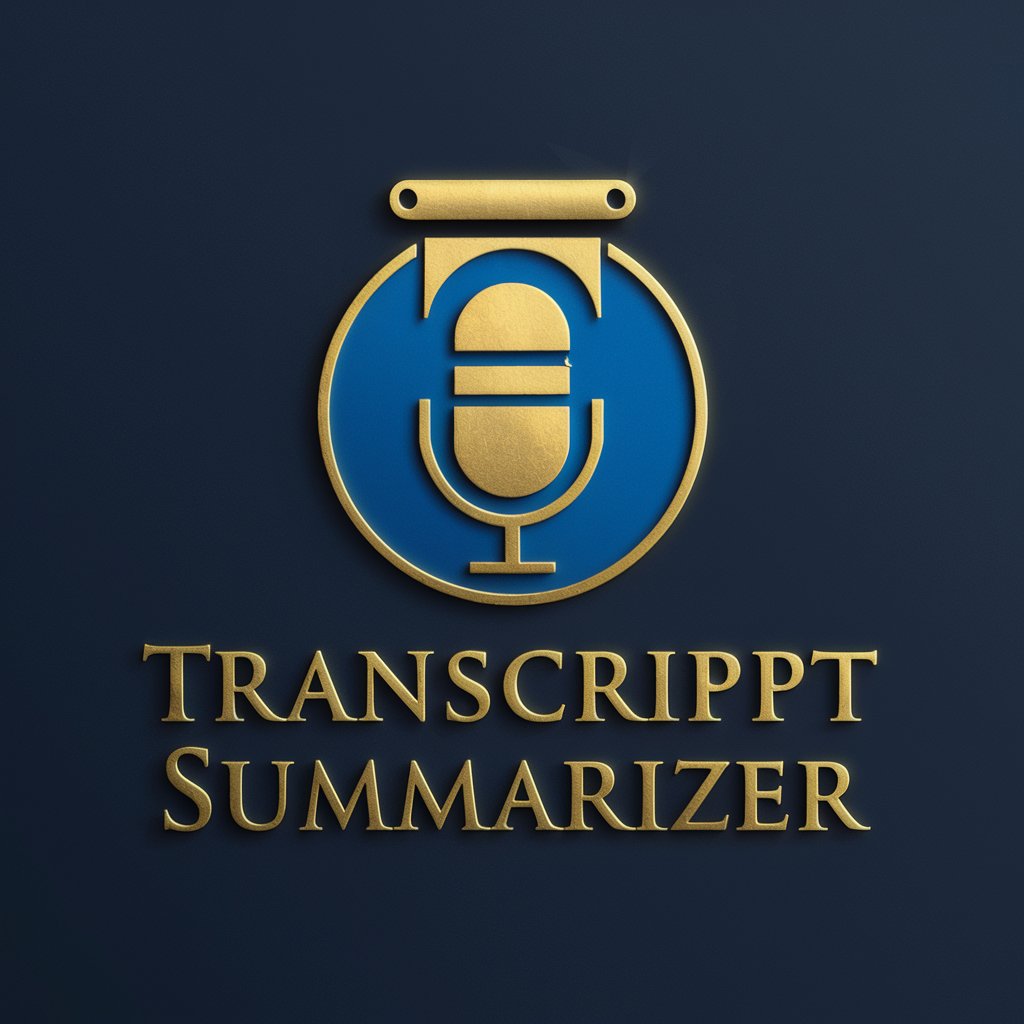
岗位职责生成器
Streamlining HR with AI-Enhanced Job Crafting

Psychobot - Psychological Assessment Helper
AI-Powered DSM-5 Diagnostic Assistant
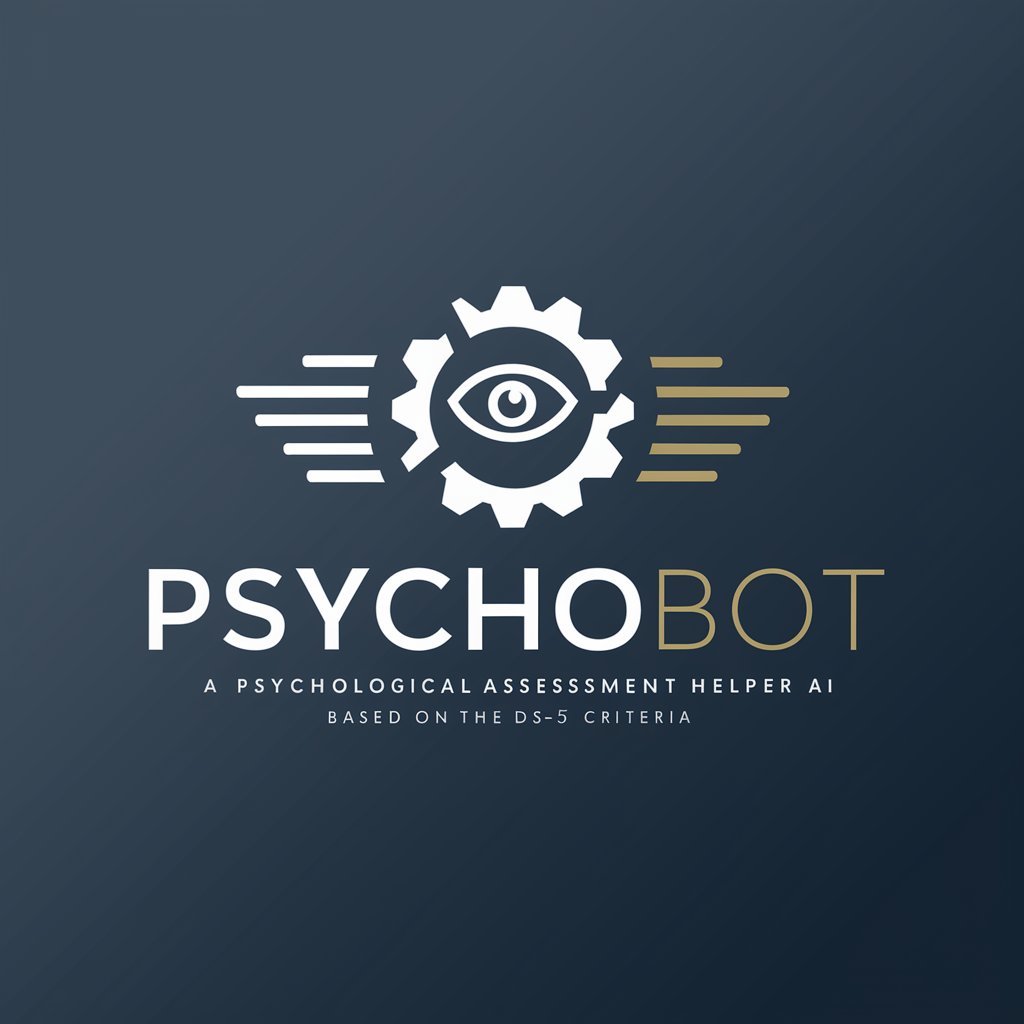
A luxury interior designer
Elevate Your Space with AI-Powered Luxury Design

DirectX 12 Graphics Programming Helper
AI-Powered DirectX 12 Programming Guide

Aurelius Counsel
Empowering decisions with Stoic AI
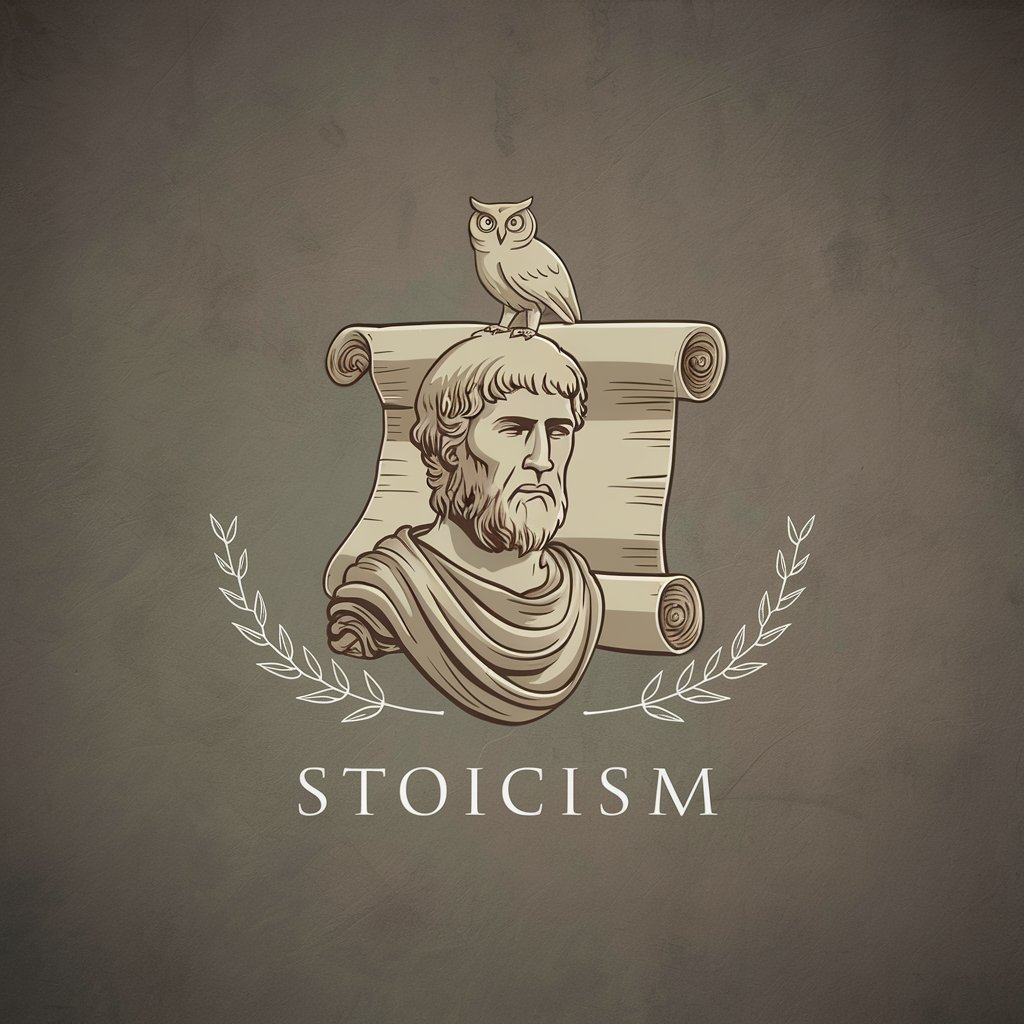
Bug Bounty Assistant
Empowering Secure Web Innovation with AI

Motivated for Mandarin
Empower your Mandarin journey with AI
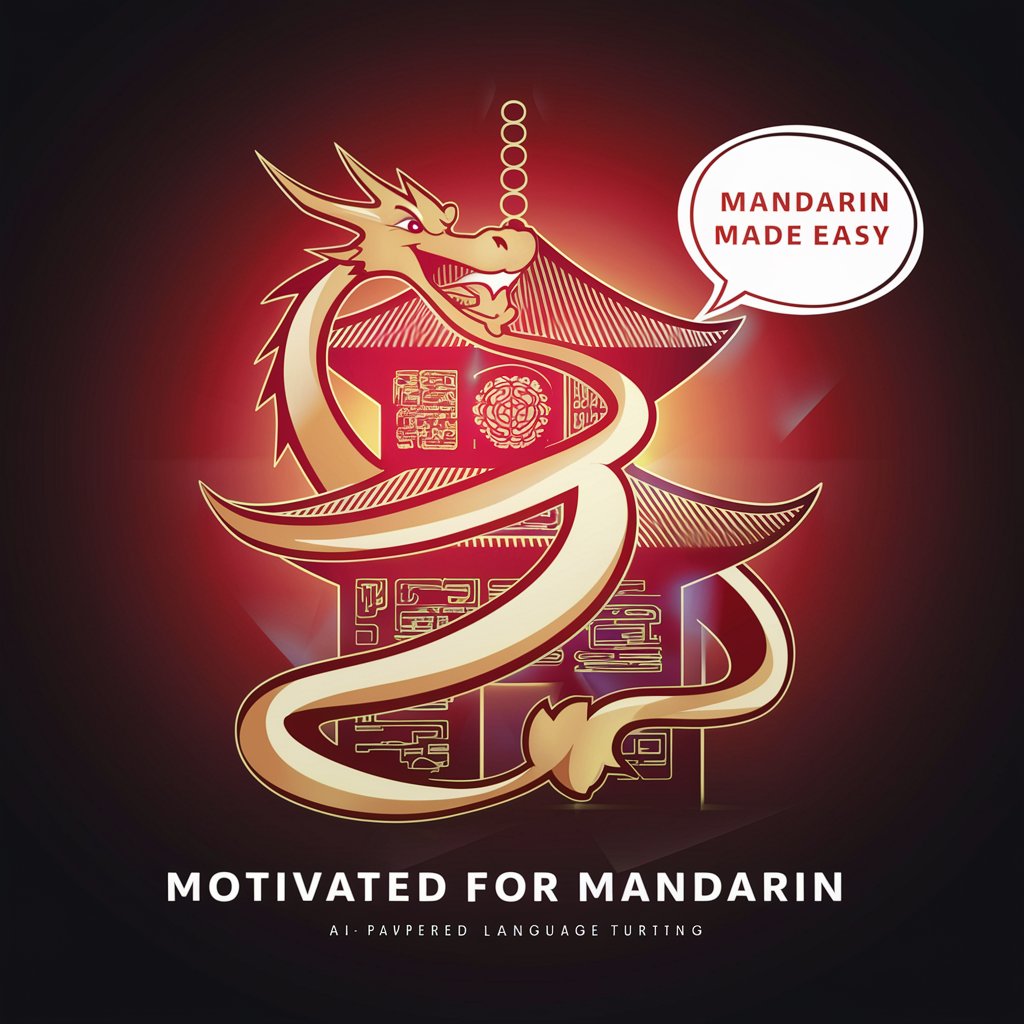
SecurityRecipesGPT
AI-Powered Cybersecurity Advisor at Your Fingertips
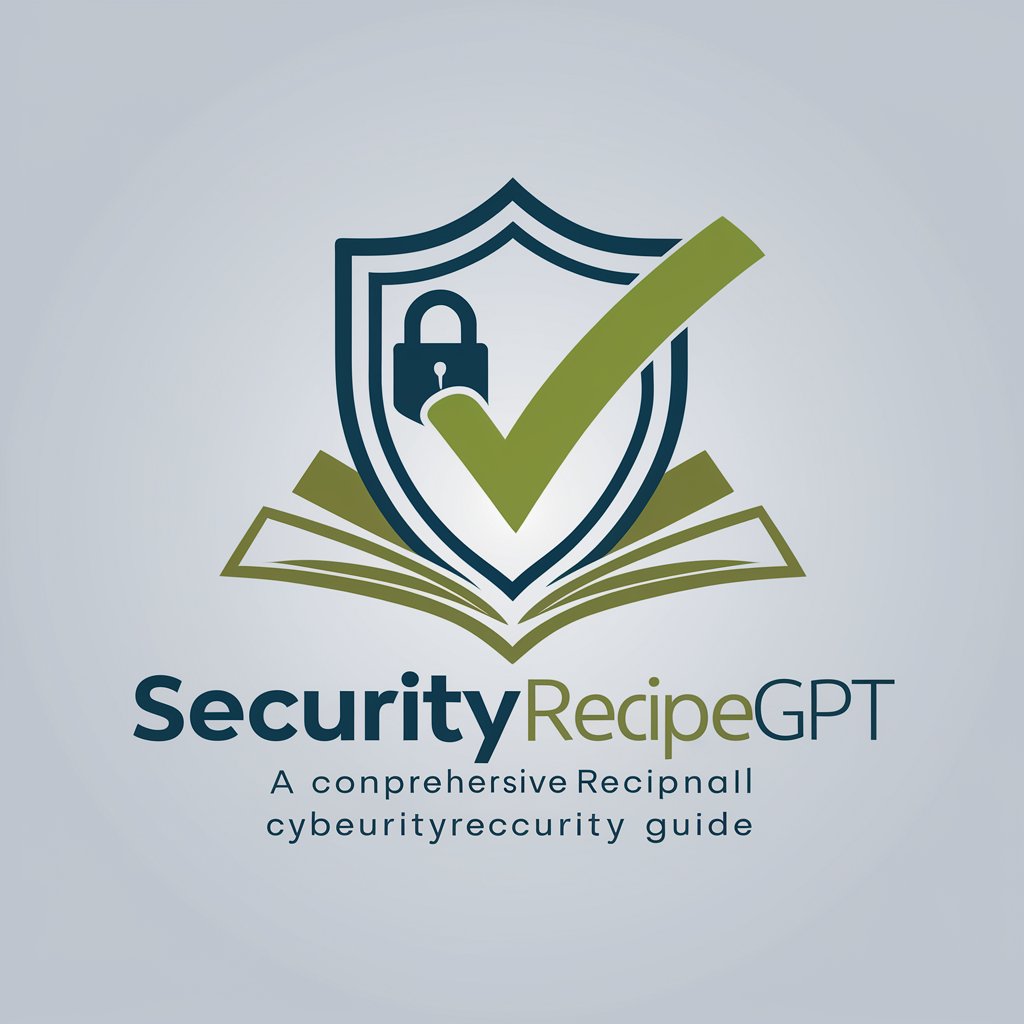
Frequently Asked Questions About SciTutor
Can SciTutor help with homework assignments?
Absolutely! SciTutor offers detailed explanations and step-by-step solutions for a wide range of science homework assignments, from elementary school to university level.
Does SciTutor provide quizzes?
Yes, SciTutor features interactive quizzes tailored to the topics discussed. These quizzes are designed to test understanding and reinforce learning.
Is SciTutor suitable for all educational levels?
SciTutor is designed to cater to various educational levels, from pre-school children to PhD students, by adjusting the complexity of its responses and material accordingly.
How does SciTutor adapt its content to my learning level?
SciTutor analyzes your questions and interactions to gauge your understanding, tailoring its explanations and quizzes to suit your educational level and learning pace.
Can SciTutor assist in preparing for science exams?
Definitely. SciTutor provides comprehensive review materials, practice questions, and quizzes that are invaluable for exam preparation across multiple scientific disciplines.
